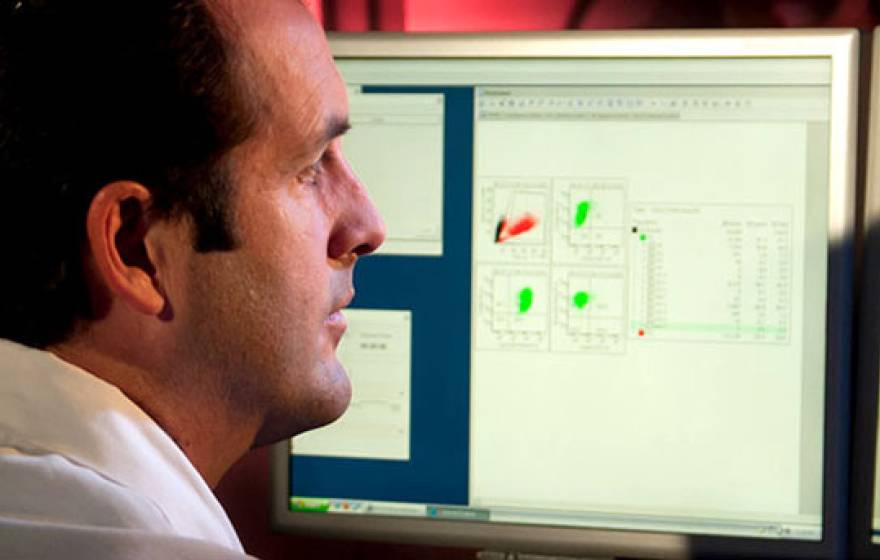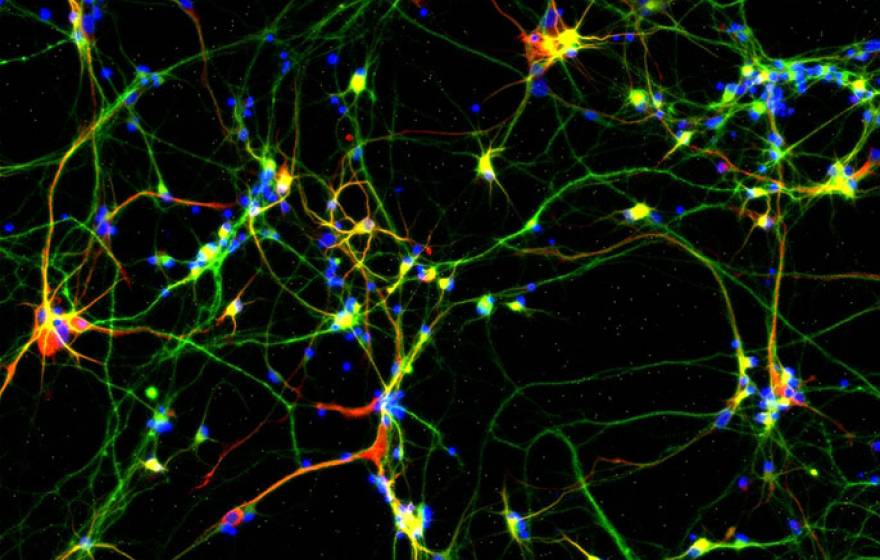Viewing mental health through the lens of neuroscience can help more people get treatment.
The key to effectively treating mental illness? Eliminate the stigma
'Neural dust' could treat the body from inside
On the horizon: wireless, batteryless implants for monitoring organs and improving prosthetics.
Literature and film help teach students to understand the brain
Course combining anatomy, history and humanities provides interdisciplinary approach to studying neuroscience.
UCLA researchers develop immunotherapy to treat advanced brain cancer
Findings could lead to promising new treatments for people with glioblastoma.
How cochlear implants help profoundly deaf children
UC Davis studies how shifts in brain function due to deafness could be used to improve hearing aids.
Concussions prevalent in water polo, first-of-kind survey finds
UC Irvine study points to need for more head protection during practice, further research.
Human brain houses diverse populations of neurons, new research shows
UC San Diego isolates 16 subtypes that could help identify disorders from Alzheimer's to depression.
Our brain activity could be nudged to make healthier choices
UC Berkeley scientists capture the moment-to-moment dynamics of how we make decisions.
Tarantula toxins offer key insights into neuroscience of pain
Extracts from venom could be used to study disorders ranging from irritable bowel syndrome to epilepsy, UCSF finds.
A switch for brain growth found
UC Santa Barbara and UCSF scientists find a gene responsible for our unique cerebral cortex.
How the brain makes – and breaks – a habit
Goal vs. habit: A UC San Diego professor researches how we may switch between the two.
The teenage brain on social media
A new UCLA study sheds light on the influence of what peers "like."











